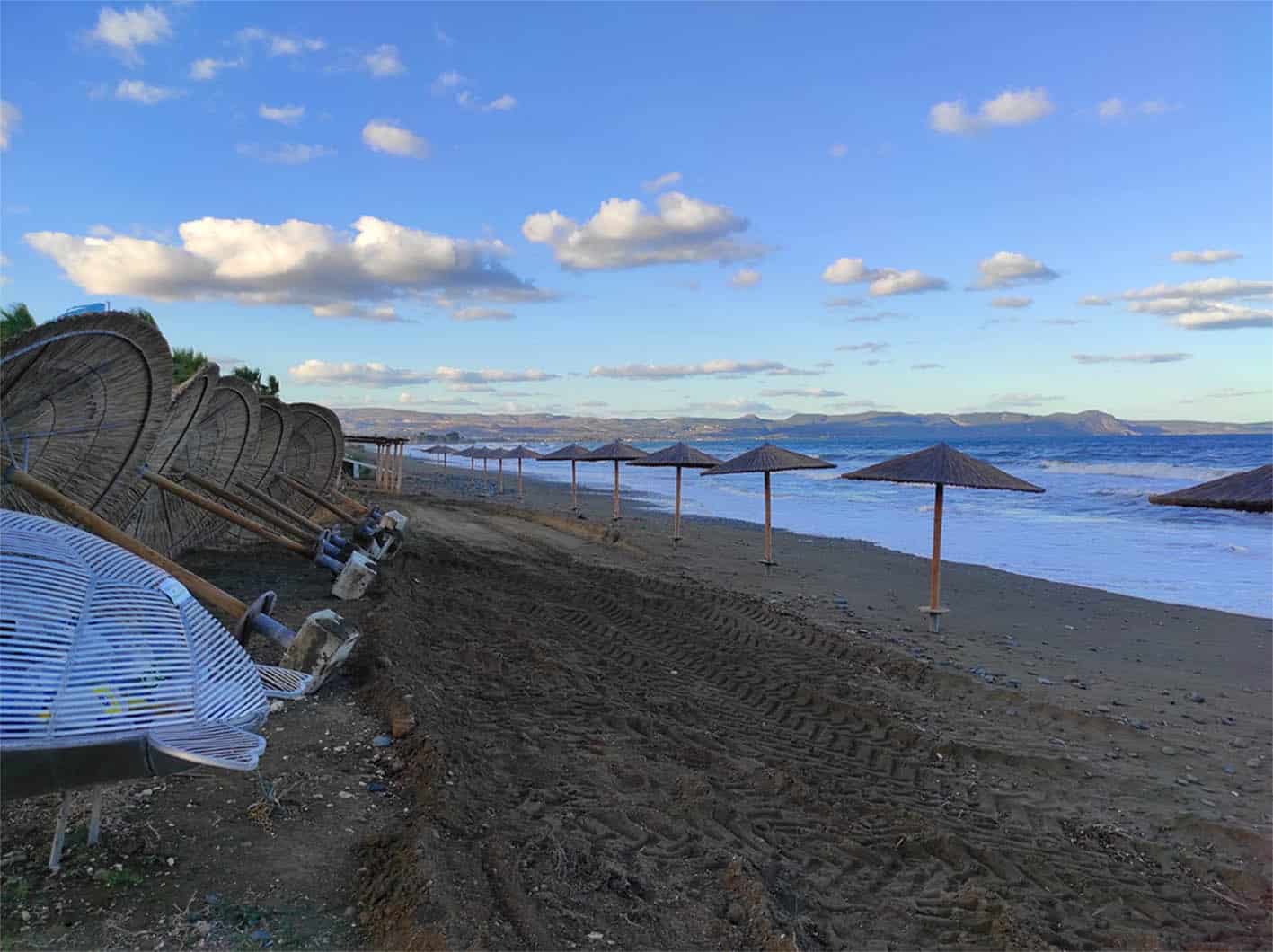The Paphos Regional Tourism Board (Etap) announced this week that it has approved its budget and action plan for 2024, with the decision having been taken during the most recent meeting of Etap’s board of directors.
In addition, the meeting involved a deliberation on a number of topics and initiatives associated with the tourism promotion sector and the board’s broader strategy.
According to a statement released by the board, the 2024 action plan continues to prioritise the enhancement of products and experiences offered in the Paphos district, combined with disseminating information through digital channels, and the utilisation of new technologies.
Moreover, the board said that its plan includes an intensive promotional campaign, along with public relations efforts both within and outside Cyprus to promote Paphos as a tourist destination.
Aside from approving its budget for next year, the board also gave the green light for initiatives aimed at upgrading beaches, as well as improving the looks and aesthetics of squares and other public spaces across various communities in the Paphos district.
Furthermore, other decisions were made as well, including the continued collaboration with Neapolis University Paphos, to complete the study highlighting the myth of Aphrodite across the entire district, concluding an evaluation study on the destination’s accessibility level, as well as the preparation of an action plan to improve upon the current level of accessibility.
Furthermore, discussions encompassed financial initiatives, including national and European programs like Cosme and Euromed, which boasted a combined budget of €600,000.
The meeting also addressed the successful execution of a digital promotional campaign spanning eight countries, costing €200,000, and outlined forthcoming plans for 2024.
The announcement also stated that Etap’s board of directors has decided to inaugurate a new cycle of engagements and meetings with relevant ministries and stakeholders in the upcoming year to pave the way for solutions to long-standing problems.
Discussions will mainly focus on the protection and promotion of archaeological and cultural sites, the digital transition, public transportation in Paphos, bathing safety, and rural flight, among others.
Finally, within the framework of the reform of local governance, meetings are expected to be held with local communities and regional organisations, to find ways for closer collaboration under the new circumstances.






Click here to change your cookie preferences